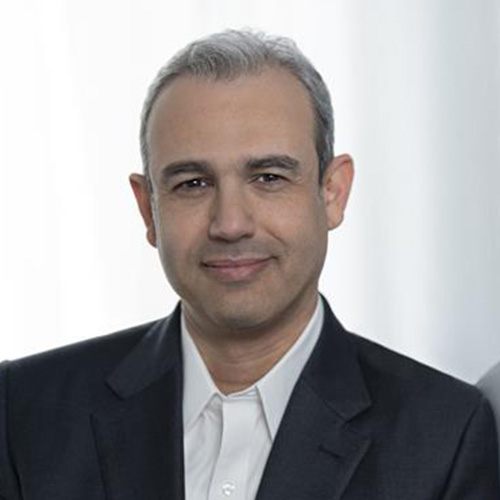
-
Exhibition
Exhibition
A global stage for 2,250+ exhibitors to showcase their
game-changing solutions and demonstrate tangible
actions advancing the energy transition. -
Conferences
Conferences
Across 10 conferences and 380 sessions, speakers will share
diverse perspectives and discuss actionable outcomes aimed at
accelerating the transition to a cleaner, more secure energy future. -
Global Energy Club
-
Features
Features
ADIPEC serves as a nexus, seamlessly
uniting international, regional, and
local stakeholders, from across industries. -
Media
Media
Explore ADIPEC insights, announcements,
content and images of relevance
to members of the media. -
Travel
Travel
Plan your visit to ADIPEC 2025. This information is designed to help you plan your trip and reach the venue seamlessly.
-
Young ADIPEC



















